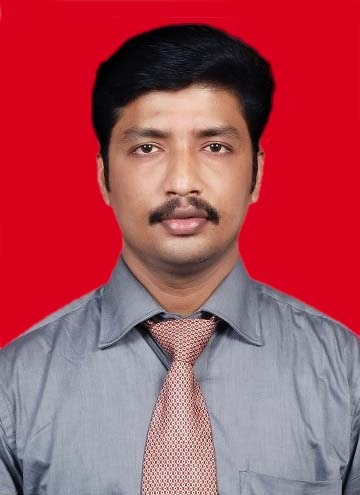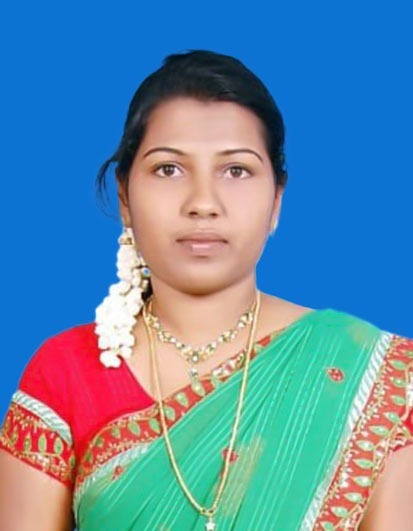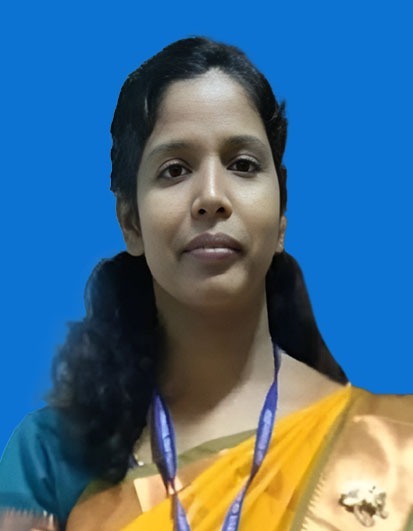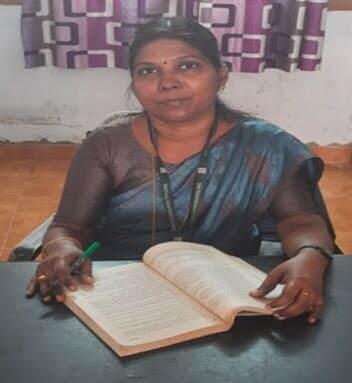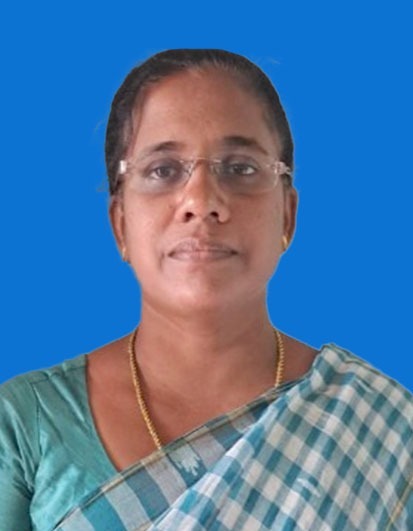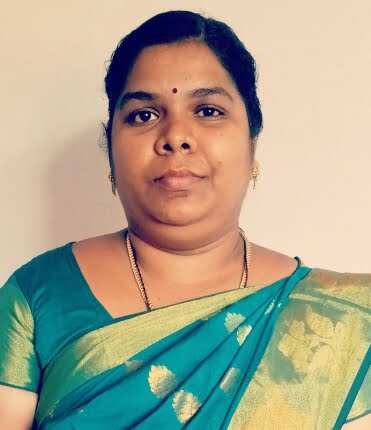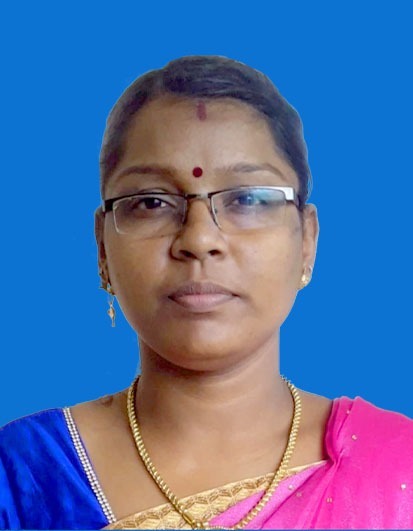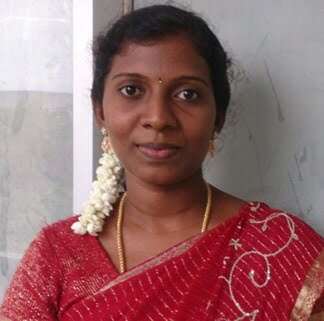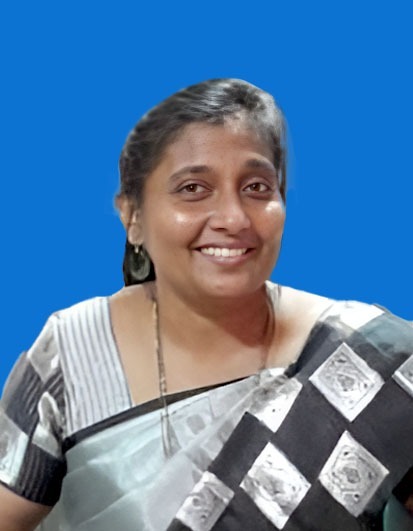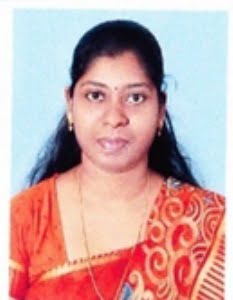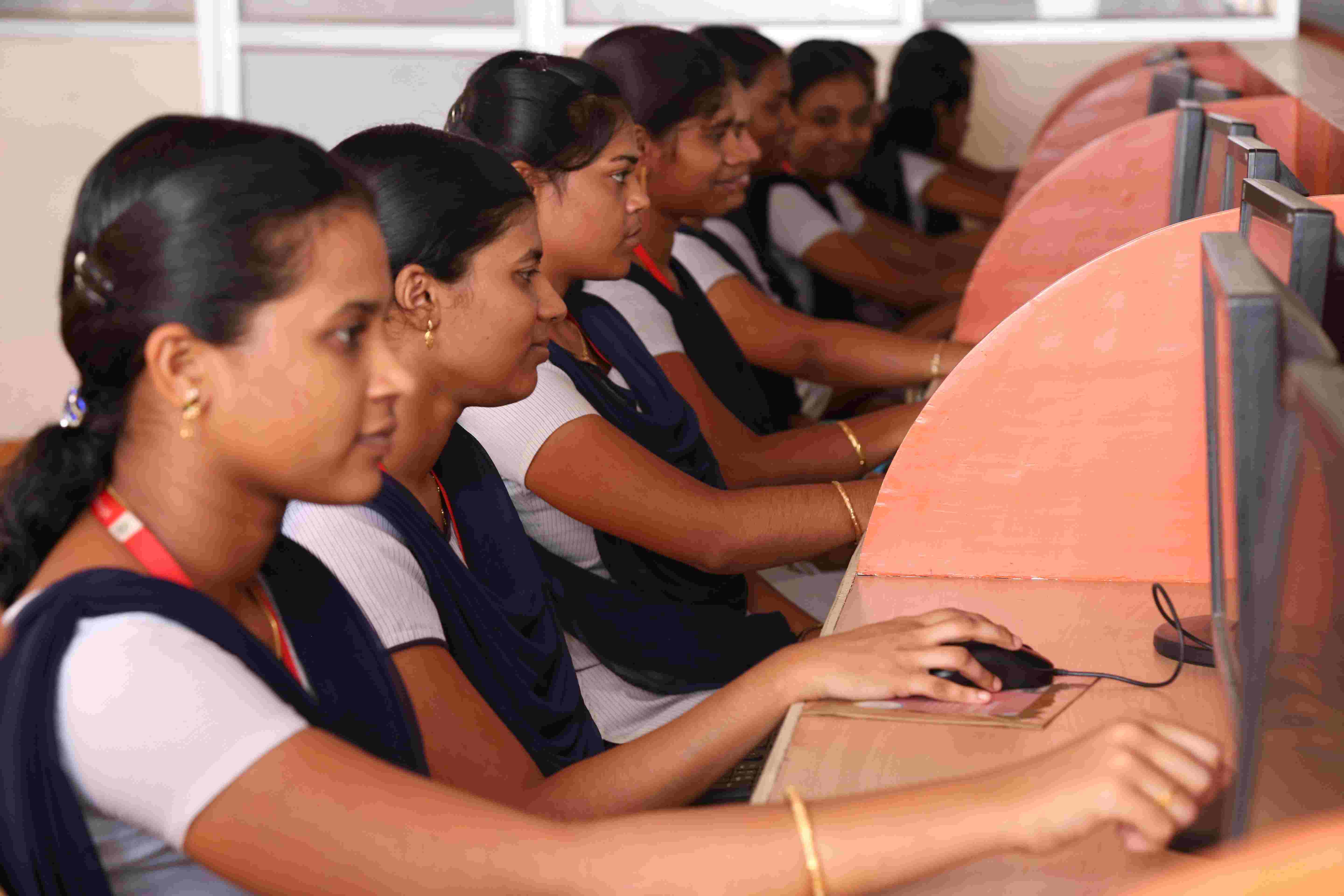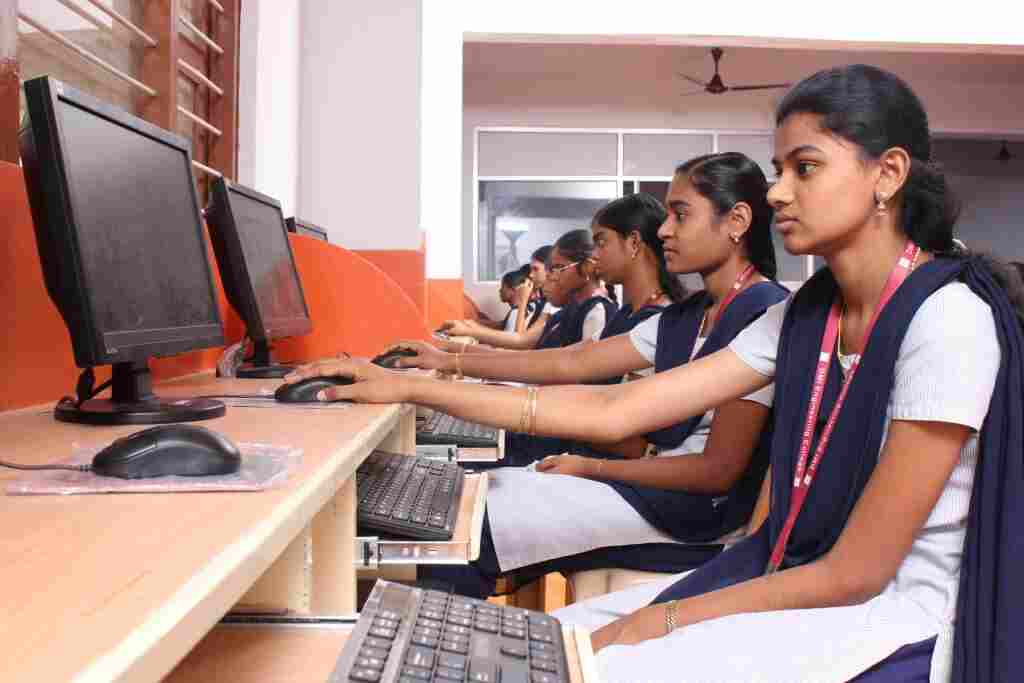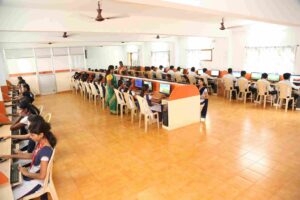The Department of Computer Science and Engineering was established in 2009 with the vision of cultivating proficient, ethical computing professionals. The department offers a four-year B.E. program in Computer Science and Engineering with an annual intake of 120 students, leading in innovative and technical education. The department has advanced computer labs and dedicated faculties, fostering student development in Programming, Data Structures and Algorithms, Machine Learning, Artificial Intelligence, Cloud Computing, Mobile Applications, and Research with a balanced blend of theoretical and practical skills. In addition to university curriculum training, the department emphasizes value addition through emerging industry areas and supports high-quality education to encourage independent thinking and initiatives. The Institute through the department maintains membership of Computer Society of India (CSI). In collaboration with the ICT Academy, the department achieved the status of a Center of Excellence in Oracle. It also partners with five IT industries and has established a campus agreement with Microsoft.

